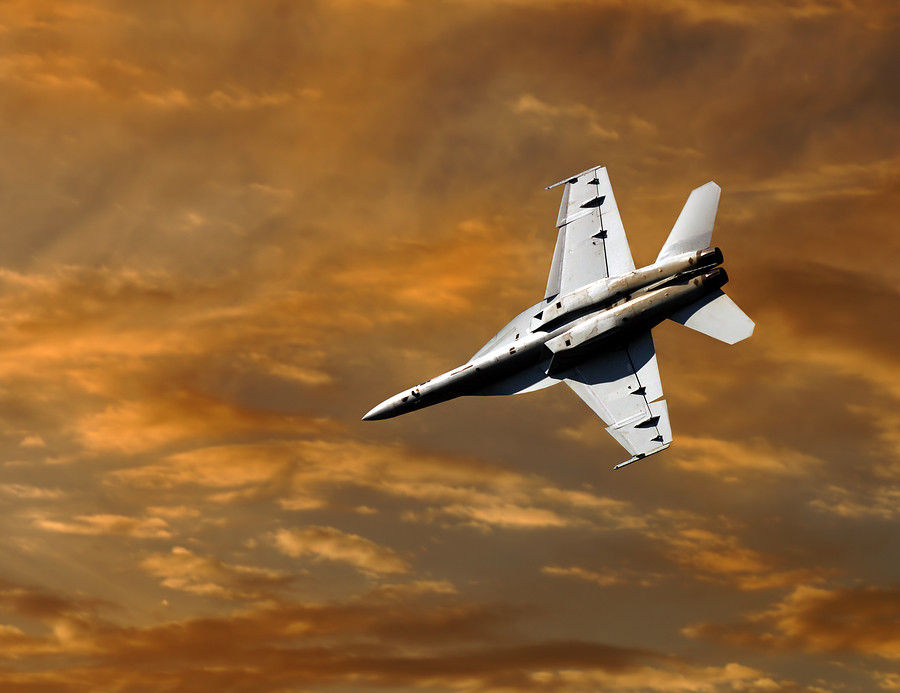Australia is set to dial down its military operations in Iraq and Syria following an announcement by the Iraqi Government. The Iraqi Prime Minister, Haider al-Abadi, declared victory over the Islamic state who has held control over large portions of the region since 2015.
Last week, the Australian Defence Minister, Marise Payne, said that the Australian Military will no longer be a contributor to the US led air strikes over regions of both Iraq and Syria. They will, however, continue to participate in training, advising and assisting of the local forces to ensure continued support is maintained.
Payne said that there has been a notable decrease in the air strike commissions led by the coalition following the capturing of the last major population hub, Hawija, in October. She followed on to say that following discussion with the Iraqi Government and members of the international coalition that Australia “will bring home our six Super Hornet strike aircraft from the Middle East” that would signify the end of Australia’s air strike operations there.
The mission has been significant with over 800 Australian military personnel involved in the operation to regain the regions previously held by the Islamic State. This included a number of Special Forces troops who assisted local forces in restoring peace to the communities of Iraq.
Senator Payne said that the main reason behind maintaining Australian forces in the region was to assist in surveillance that would benefit local forces in holding the territory that has be retaken. Safety and the “long term stability of Iraq” were front of mind for the Australian Government and its military forces.
This announcement by the Australian Government and the declared regaining of territory by the Iraqi Government comes after the Russian Government stated that Syria had been secured from Islamic State following the falling of Raqqa earlier this year.
The Islamic State and consequent air strikes from the coalition has led to the disruption of millions of people and thousands have been killed in the process. Independent sources state that there could be as many as 6000 civilians killed in the air strikes over the 3 years of the operations.
Individually, Australia has overseen a total of 2750 bombing runs and 2400 precision guided bombs dropped.
There is still a belief that the retaking of regions by governments will lead to increased engagement ion guerrilla warfare by the Islamic State, however Governments are putting practices in place to maintain the safety of civilians.

